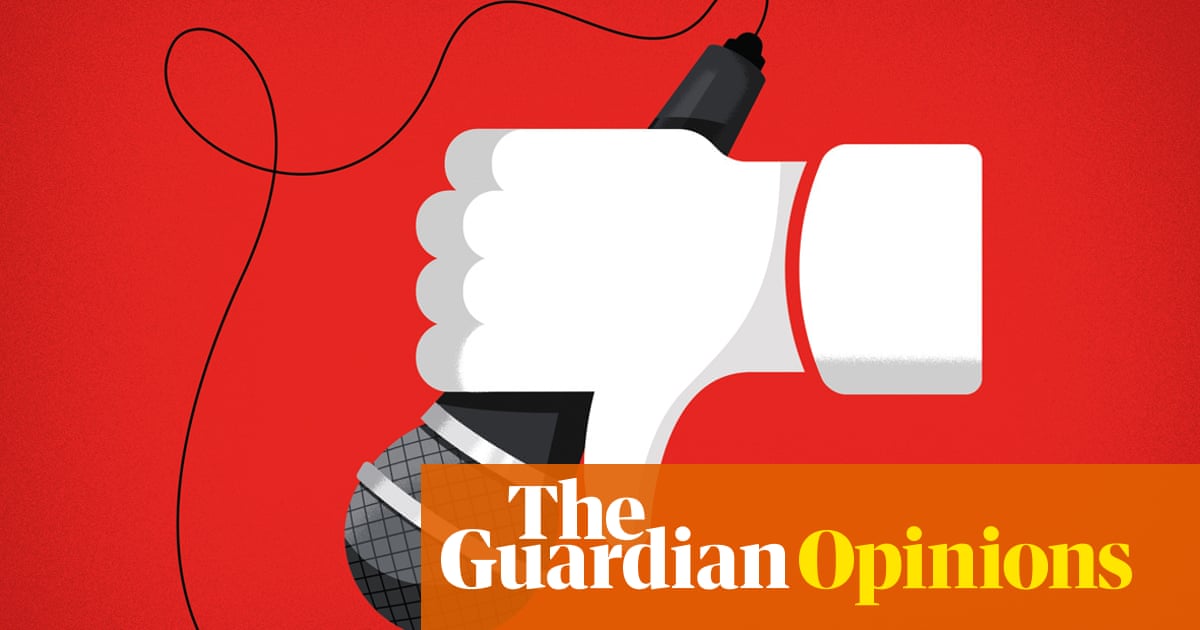Key events Show key events only Please turn on JavaScript to use this feature
Eurostar the worst-performing rail service in Europe, campaigners find
Eurostar is the worst-performing rail service on the continent and Germany’s Deutsche Bahn is one of the least reliable, according to a ranking of 27 European operators.
The report from the campaign group Transport and Environment (T&E) scored Europe’s rail operators on factors such as ticket prices, punctuality and willingness to give refunds. It found that only 11 operators had punctuality rates above 80%.
Eurostar disputed the findings. Deutsche Bahn declined to comment.
Trains emit less planet-heating gas than planes and cars, but on many routes holidaymakers find it cheaper to fly and commuters find it more reliable to drive. Campaigners said the results showed that all rail operators could do better, and encouraged governments to help them.

UK job vacancies fall at fastest rate since pandemic as business confidence slumps
The number of job vacancies in November fell at the fastest rate since the start of the pandemic, as business confidence slumped to its lowest level in almost two years, according to two new reports.
In a damaging blow to the government efforts to boost growth, the latest monthly report on the job market from accountancy firm KPMG and the Recruitment and Employment Confederation (REC) found demand for staff declined at a “sharp and accelerated pace” last month, with the steepest fall in vacancies since August 2020.
November marked the 13th successive month of a fall in staff demand, with an “especially severe” drop among vacancies for permanent workers, in the latest sign of a further deterioration in the UK labour market.
Jon Holt, group chief executive at KPMG, said:
Businesses are having to weigh up the prospect of increasing employee costs following the budget, which has led to an accelerated slowdown in hiring activity across the board.
Lynn Song, chief economist for Greater China at ING, has looked at the Chinese inflation figures in more detail.
The main reason for the slowdown was food prices, which fell -2.7% month-on-month to bring the year-on-year level to just 1.0%.
Non-food inflation, on the other hand, managed to bounce back to 0.0% YoY after two months of year-on-year deflation. Non-food prices remain under pressure amid high price competition in China.
What does this mean for central bank policy? She says:
The unexpectedly weak November read further confirms our view that there is still plenty of room for monetary policy easing in the months ahead.
Markets have been discussing the possibility of an imminent RRR [reserve requirement ratio] cut which is certainly on the table, but the inflation data shows that there is capacity to bundle an RRR cut with a further interest rate cut as well. We are expecting 30bp of rate cuts and 100bp of RRR cuts before the end of 2025.
We are expecting inflation will remain low in 2025 but to avoid deflation at least in terms of headline CPI inflation thanks to an expected acceleration of monetary and fiscal policy stimulus. While this is still the base case, November’s data does raise the possibility that we could see several months of negative year-on-year growth if food prices continue to come in softer than expected, as non-food prices continue to show deflationary pressure.
Reeves to pledge closer EU ties in pivot from post-Brexit ‘division and chaos’
Rachel Reeves is heading to Brussels for her first meeting with eurozone finance ministers today to reset ties with the EU.
The chancellor will tell them that reducing the UK’s trade barriers with the European Union will improve the growth prospects for both.
She plans to end the UK’s “fractious” post-Brexit accord with the EU, a relationship she said had been defined by “division and chaos”, by promising closer ties in the first speech by a UK chancellor to eurozone finance ministers since 2020.
Reeves will say she wants to adopt a “business-like” approach through an “economic reset” with the EU, offering the goal of driving up trade and growth.
Reeves will tell the meeting in Brussels:
This is the first time a British chancellor has addressed the Eurogroup [of finance ministers] since Brexit.
It is a signal of the new UK government’s commitment to resetting our country’s relationship with the European Union, and the importance I place in realising the economic potential of our shared future.
“I know that the last few years have been fractious. Division and chaos defined the last government’s approach to Europe. It will not define ours.
She will add:
I believe that a closer economic relationship between the UK and the EU is not a zero-sum game. It’s about improving both our growth prospects.
The reset in relations is about doing what is the best interests of our shared economies and those that depend on it. That means breaking down barriers to trade.

Introduction: Markets calm after fall of Assad; Chinese inflation falls to five-month low
Good morning, and welcome to our rolling coverage of business, the financial markets, and the world economy.
Financial markets are calm after the fall of Bashar al-Assad in Syria, where people are celebrating and a new era starts following five decades of dynastic rule.
It comes after political turmoil in France and South Korea, and Asian shares are mixed.
The South Korean stock market tumbled by 2.8% and the country’s currency fell to a 15-month low against the dollar amid uncertainty over the fate of president Yoon Suk Yeol, even though the authorities pledged to stabilise markets. He has been banned from leaving the country, as opposition politicians accused his party of staging a “second coup” by refusing to impeach him over his botched declaration of martial law last week. The opposition leader Lee Jae-myung warned that the political fallout is causing financial market volatility and threatens to damage the economy.
Japan’s Nikkei index rose by 0.3% helped by an upward revision to economic growth and MSCI’s broadest index of Asia-Pacific shares outside Japan edged 0.15% higher.
Hong Kong’s Hang Seng rose by 2% after China vowed to implement a more proactive fiscal policy and moderately loose monetary policy next year, the state news agency Xinhua reported, citing a Politburo meeting.
The price of gold and crude oil has risen slightly. Brent crude futures climbed by 0.66% to $71.59 a barrel. Spot gold rose by 0.3% to $2,639 an ounce, as China’s central bank resumed gold purchases after a six-month hiatus.
China’s consumer inflation hit a five-month low in November as prices for fresh food pulled back and factory deflation persisted, suggesting Beijing’s efforts to to shore up demand with fresh stimulus measures have not had much of an impact. China braces for new tariffs from the second Donald Trump presidency next year.
The consumer price index rose at an annual rate of 0.2% last month, according to data from the National Bureau of Statistics, down from October’s 0.3% and less than the 0.5% forecast by analysts. Consumer prices fell by 0.6% in October from September, faster than October’s 0.3% monthly drop.
Core inflation, excluding volatile food and fuel prices, edged higher to 0.3% from 0.2%, though.
This week is packed with central bank meetings.
Ipek Ozkardeskaya, senior analyst at Swissquote Bank, said:
The European Central Bank (ECB), the Bank of Canada (BoC), the Reserve Bank of Australia (RBA) and the Swiss National Bank (SNB) will announce their latest policy verdict throughout this week and all – except the RBA – are expected to lower their rates.
The BoC is expected to cut by 50bp while the SNB and the ECB are expected to announce a 25bp cut. Some investors are convinced that the ECB could announce more than a 25bp cut. Either it could go bigger with a 50bp cut, or cut by 25bp but shift their focus from inflation to economic growth. I believe that the second option is more plausible. If that’s the case, we should not see a significant selloff in the euro post-decision.
The Swiss central bank could also do a bigger 50bp cut, after it has been spending quite a bit to restrain the Swiss franc (its intervention to sell francs for euros is a reason why the euro is not testing parity against the US dollar).
Bruce Kasman, head of economic research at JPMorgan, said:
Incoming data support our call for global growth lift into year-end, despite a slipping euro area and building political stress.
We expect policy rates in Canada, euro area and Sweden to drop to 2% or lower over the coming year, while US and UK rates settle close to 4%. This month’s meetings should point this direction.
The Agenda
-
1pm GMT: Bank of England deputy governor Dave Ramsden speech on financial stability

.png) 1 month ago
13
1 month ago
13













































